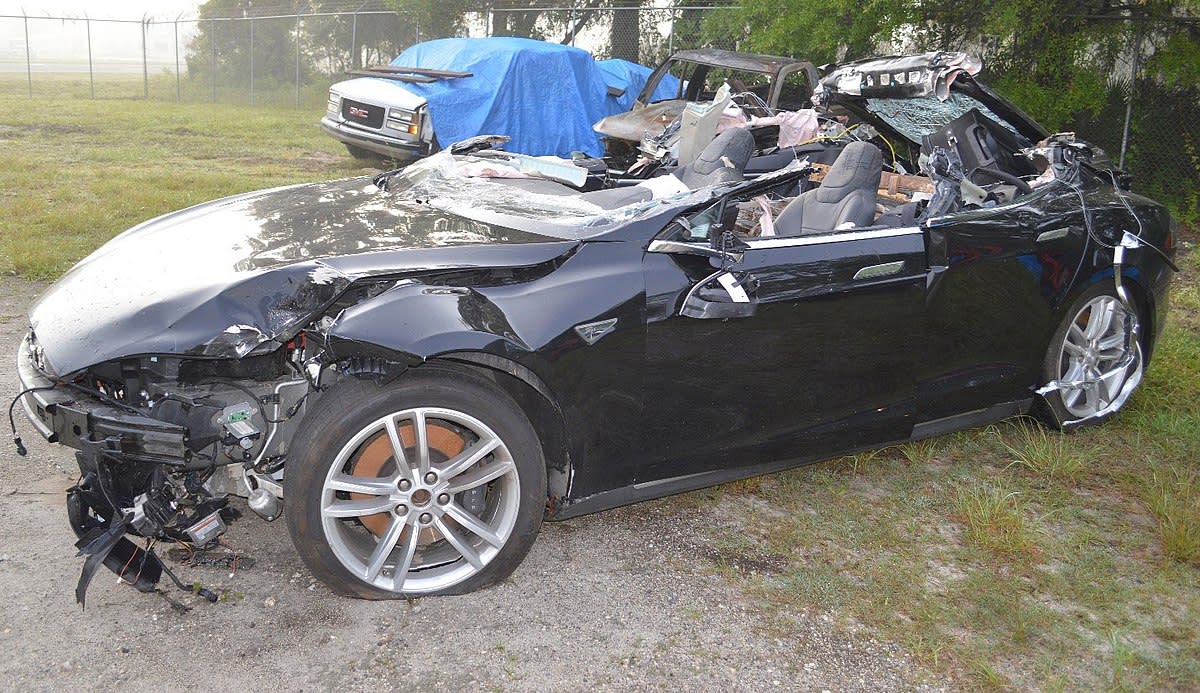Me, about 20 years ago, in my (most definitely not paperless) office (Photo by David Lat).
This coming weekend, my husband and son and I will return to Manhattan.
For the past four and a half months, since my discharge from the hospital on April 1, we’ve been away from New York, dividing our time between my parents in New Jersey and my parents-in-law in Massachusetts. But we feel that it’s finally time to come home.
Of course, we could certainly stay away for longer if we wanted to. My husband and I could continue working remotely, since our employers have not yet reopened their offices. Our son is not yet old enough to be required to go to school (and for kids who are, school reopening plans remain unclear).
And many of our fellow New Yorkers have decided that they will stay away for longer — much, much longer, like forever. These New Yorkers have decided that they are tired of being New Yorkers. If they’re not required to be in the city for work, and if many of the cultural and culinary attractions of New York are either still closed or only partially reopened, why put up with the difficulties, inconveniences, and high cost of city living?
I have previously written about how the coronavirus pandemic has made Biglaw more open to working remotely. Forced to go virtual, law firms have discovered that it’s not so bad — and even has its advantages. Lawyers who no longer have to commute have more time to bill; in my work as a recruiter, I’ve spoken to a number of partners and associates who have hit records in terms of monthly billing during the pandemic. And work is more tolerable when, say, you can take a break in the afternoon to play with your kid or jog on the beach.
So let’s play this out a little. Even after the COVID-19 crisis is behind us, law firms will be more tolerant of working remotely, and individual lawyers will increasingly expect — and even demand — the ability to work remotely (at least for part of the time, or for specified reasons). From the Commercial Observer:
In 2017, brokerage Cushman & Wakefield asked 500 law firms a question: Do you anticipate your attorneys will work more remotely in the next five years? Of the respondents, 62 percent said yes. The brokerage asked the same question in January 2020. This time, the figure jumped, with 78 percent responding yes.
And that was before a pandemic.
When the brokerage asked the question amid the coronavirus outbreak this spring, some 120 firms, large to small, responded — and 96 percent said yes, they anticipated their attorneys will work more remotely in the next five years.
Even before COVID-19, law firms were already moving in the direction of smaller offices. Post-pandemic, the trend will accelerate, as law firms try to reduce their real estate costs — one of the biggest expenses of a law firm — by taking advantage of the fact that more of their employees will be working remotely, for more of the time.
I suspect that some law firms will move to either “hoteling” or “hot desking,” two models in which employees don’t have their own set offices or desks. (In hoteling, you make a “reservation” for a space, like you would for a hotel room; in hot desking, it’s more “first come, first served,” where you grab an open space.) For example, check out what Freshfields has in store for employees in its new London office, as reported by Law.com:
Freshfields Bruckhaus Deringer lawyers face a new challenge when the firm completes its move into its new London office later this year. The firm is planning to operate an ‘office release system’ which means someone else can use your office if you are working remotely.
“If you’re not there, you give your office up,” said London managing partner Claire Wills of the office-wide rule.
The system, which will mean junior lawyers or colleagues from overseas can use a partner’s office if it is empty, will be a cultural change for the top U.K.-based firm…. However, [Wills] said that the pandemic has accelerated such cultural changes, with technology and paper-free working fast becoming the norm.
Note the reference to “paper-free working,” a key component of the equation. Lawyers previously justified having private offices, which they could lock when they left for the day, because of all the (often sensitive or confidential) documents in their offices. But now that those documents are largely digital, whether housed in servers or in the cloud, the case for proprietary desks and offices is much weaker.
And maybe that’s not a bad thing. Going paperless has forced me, a paper pack rat — see the photo of me in my office as a law clerk at the top of this post — to clean up my act. Today I can find documents much more easily, whether they’re on my MacBook or in Google Drive, than I could when they were in disorganized stacks on my desk. I suspect I’m not alone.
So far, so good. The ability for more people to work remotely, whether permanently or on as-needed basis — e.g., because you’re sick, your child is sick, or you have to wait for the cable guy (or gal) — seems like a good thing. The ability of law firms to spend less on office overhead also seems like a good thing. They can (and will) spend some of the savings on technology, of course — more telecommuting requires better tech — but some of the savings will surely find a way back to the pockets of partners, associates, and staff.
But here’s what worries me: the future of our cities. Consider this portrait of midtown Manhattan — the greatest agglomeration of major law firms in the United States, if not the world — from the New York Times:
Midtown Manhattan, the muscular power center of New York City for a century, faces an economic catastrophe, a cascade of loss upon loss that threatens to alter the very identity of the city’s corporate base. The coronavirus’s toll of lost professions, lost professionals and untold billions of lost income and tax revenue may take years to understand and resolve.
Now, midtown has never been the most charming neighborhood — the West Village it is not — so maybe some might say, “Good riddance.” But that ignores the economic toll that collapsing commercial centers and dying downtowns inflict upon the cities in which they’re situated.
If you’re in the mood to read something depressing and disturbing, check out this post by James Altucher, a longtime New Yorker. Here’s his response to the “New York comes back, it has always come back” argument:
[T]his time is different. You’re never supposed to say that but this time it’s true. If you believe this time is no different, that NYC is resilient, I hope you’re right….
[T]his time is different. One reason: Bandwidth.
In 2008, average bandwidth speeds were 3 megabits per second. That’s not enough for a Zoom meeting with reliable video quality. Now, it’s over 20 megabits per second. That’s more than enough for high-quality video.
There’s a before and after. BEFORE: No remote work. AFTER: Everyone can work remotely.
And, for better or worse, many people will. As more residents leave, no longer required to live in New York, it will become a less attractive place to live and work. New York and cities like it will lose their cultural cachet — they will no longer be where the “cool kids” live — and some people will leave for that reason. The remaining residents will face higher taxes, and some of them will leave too.
This coming weekend, my husband and son and I will return to Manhattan. Our (almost) 3-year-old son can’t wait; for weeks he has been saying, “Tomorrow we’re going back to New York City.”
We still believe in New York. We hope our belief is justified.
Earlier: What Good Might Come Out Of The Coronavirus Crisis?
 David Lat, the founding editor of Above the Law, is a writer, speaker, and legal recruiter at Lateral Link, where he is a managing director in the New York office. David’s book, Supreme Ambitions: A Novel (2014), was described by the New York Times as “the most buzzed-about novel of the year” among legal elites. David previously worked as a federal prosecutor, a litigation associate at Wachtell Lipton, and a law clerk to Judge Diarmuid F. O’Scannlain of the U.S. Court of Appeals for the Ninth Circuit. You can connect with David on Twitter (@DavidLat), LinkedIn, and Facebook, and you can reach him by email at dlat@laterallink.com.
David Lat, the founding editor of Above the Law, is a writer, speaker, and legal recruiter at Lateral Link, where he is a managing director in the New York office. David’s book, Supreme Ambitions: A Novel (2014), was described by the New York Times as “the most buzzed-about novel of the year” among legal elites. David previously worked as a federal prosecutor, a litigation associate at Wachtell Lipton, and a law clerk to Judge Diarmuid F. O’Scannlain of the U.S. Court of Appeals for the Ninth Circuit. You can connect with David on Twitter (@DavidLat), LinkedIn, and Facebook, and you can reach him by email at dlat@laterallink.com.












 Kathryn Rubino is a Senior Editor at Above the Law, and host of
Kathryn Rubino is a Senior Editor at Above the Law, and host of 




